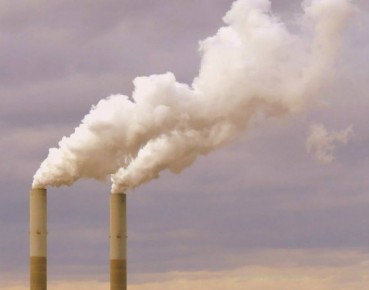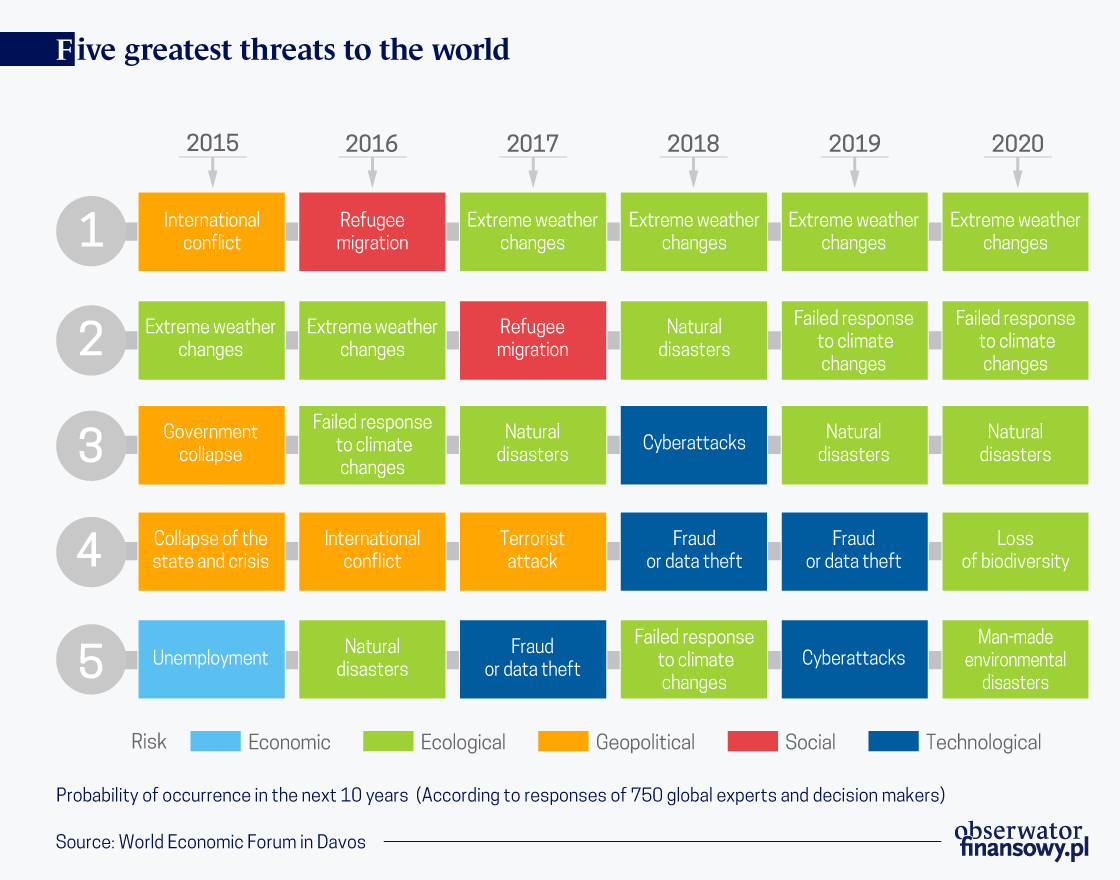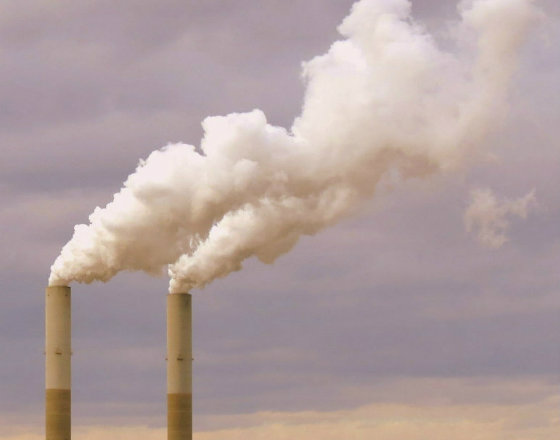Tydzień w gospodarce
Category: Trendy gospodarcze

It is the fifteenth time when the annual meeting of economists, scientists, politicians, social experts and people of culture during the Davos Economic Forum was preceded by the publication of the report Global Risk Report concerning the threats to the development of the global economy.
It is drawn up on the basis of an assessment of the risk of negative geopolitical, economic, social and technological phenomena which may lead to crisis or even chaos in international relations or at a regional level.
These assessments are done on the basis of questionnaires in which the world’s most prominent experts in economic and social issues participate. Therefore, the Forum’s reports have for years served as a good indicator for the agenda of the most important topics in the international economic debate.
Rising emissions of exhaust gases, greenhouse gases, increased levels of water and ground contamination have been raising concern among experts dealing with the long-term effects of economic development. For the first time, however, these concerns have so clearly dominated the international public discussion.
The risks associated with international tensions, refugee waves, data theft and cyber-security, more strongly present among earlier recommendations, have clearly moved into the background in the face of growing environmental threats.
This year, respondents have highlighted two entirely new aspects of climate threat, namely the progressive loss of biodiversity (a biological monoculture is less protective against carbon emissions) and the increase in the number of man-made environmental disasters worldwide. In both cases, the concern can be observed that the world (almost the entire world) has already matured to understand that it needs to combat climate change more radically but at the same time it is not certain whether it can cope with the challenge.

This pessimism is the result of the latest reports of climatologists. The last five years have represented the warmest period in the history of the Earth since the revised measurements are conducted. If further climate change continues at the same pace — as the Economic Forum report indicates — the global temperature will rise by 3 degrees Celsius by the end of this century.
This is twice as much as resulted from the already catastrophic assessments that led to convening the summit and signing of the Paris Climate Agreement in December 2015. The world is even more threatened by floods, rising of oceans and seas on the one hand and catastrophic droughts, lack of water and fires the foretaste of which we have today in Australia.
Under these circumstances, it is necessary to disseminate knowledge about the economic consequences of climate change — about costs of infrastructure damage, losses in agriculture, costs of remedying the damages, costs of relocation of settlements, or loss of real estate value.
From an economic point of view, it is also important to choose the right remedial measures. For example, according to one of the assessments by the authors of the report — biologically diversified ecosystems are capable of capturing much larger amounts of carbon dioxide and providing an economic benefit calculated on a global scale as the equivalent of GDP of the United States and China considered together.
It seems more important to deliver such an ecological message to the business community worldwide than to make government administrations aware. For the actions taken to be effective, companies and even entire industries need to change their business models.
This observation applies not only to company managers, but also — and perhaps even more importantly — to their owners and investors. This affects the foundations of an economic system based primarily on profitability, usually understood in the short term, rather than the long term.
The growing social pressure on business, especially the representatives of the younger generation (which, after all, has the most to lose) yields effects. Enterprises increasingly take climate risks into account in their operations, including the impact of their own activities on the environment.
It is a new version of the fashion for running a responsible business. This is also assisted by scientific progress, which now enables climate risks to be more accurately modelled, so that they can be taken into account in business risk management and business plans of companies.


